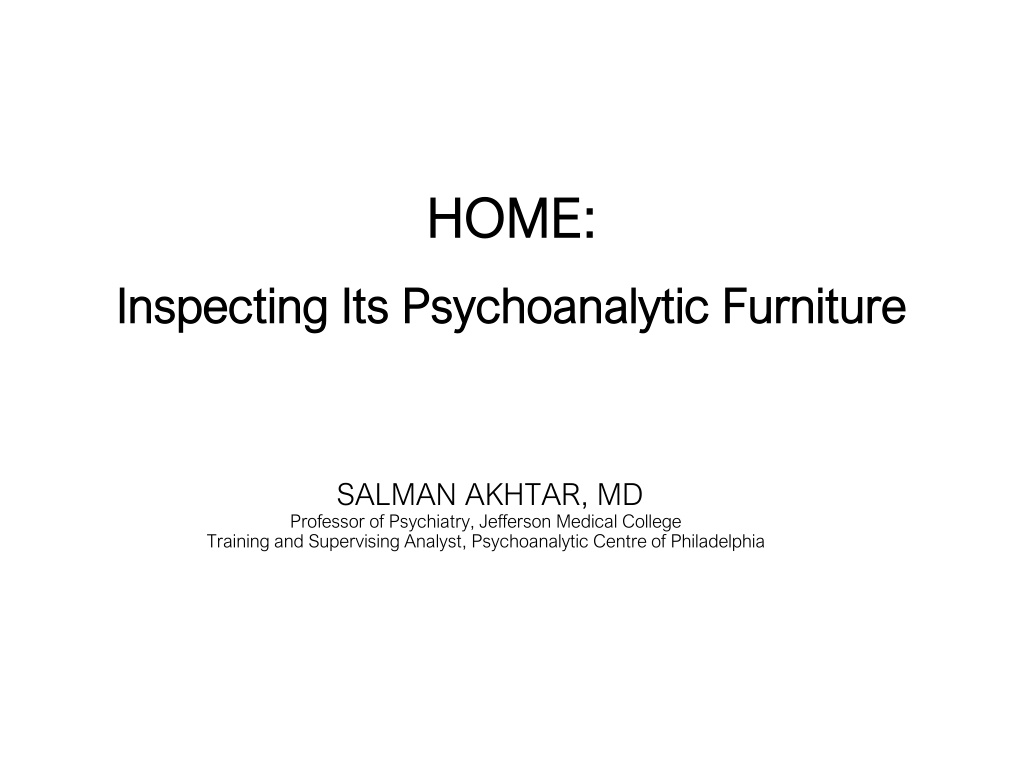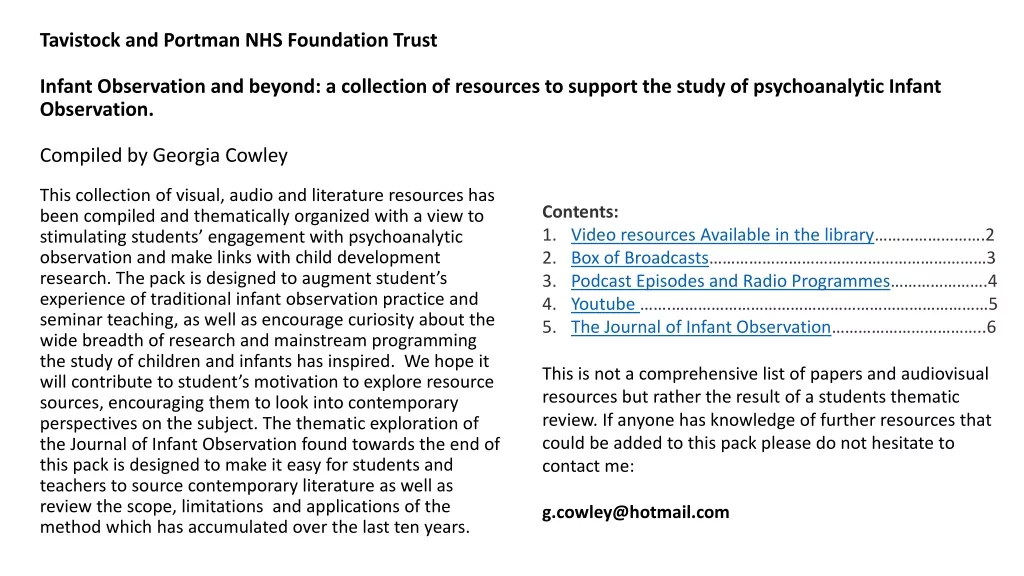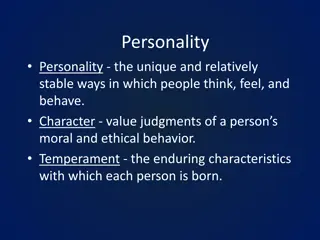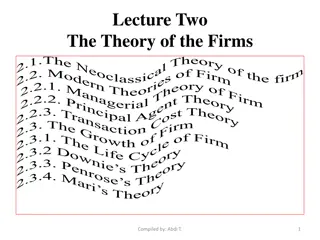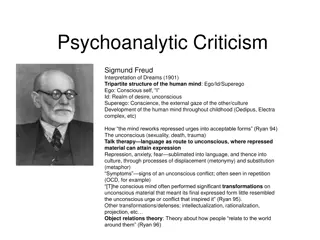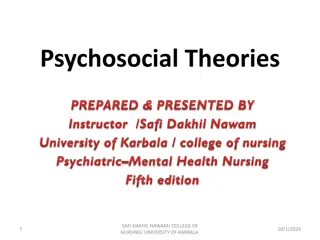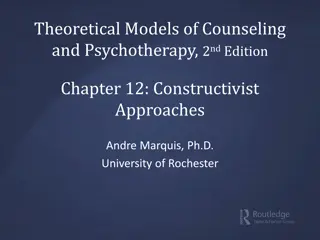Reflections on the Significance of Home in Psychoanalytic Theory
Explore the intricate connections between the concept of 'home' and psychological well-being through the lens of psychoanalytic theory. From Freud's views on the symbolic nature of home to Winnicott's emphasis on the role of the environment in shaping one's sense of security, delve into the profound impact that various types of homes have on our development and emotional stability.
Download Presentation

Please find below an Image/Link to download the presentation.
The content on the website is provided AS IS for your information and personal use only. It may not be sold, licensed, or shared on other websites without obtaining consent from the author. Download presentation by click this link. If you encounter any issues during the download, it is possible that the publisher has removed the file from their server.
E N D
Presentation Transcript
HOME HOME: : Inspecting Its Psychoanalytic Furniture Inspecting Its Psychoanalytic Furniture SALMAN AKHTAR, MD Professor of Psychiatry, Jefferson Medical College Training and Supervising Analyst, Psychoanalytic Centre of Philadelphia
I. If you are wandering about in a foreign land, far from your home and from all that you hold dear, if you have seen and heard many things, have known sorrow and care, and are wretched and forlorn, then without fail you will dream one night that you are coming near to your home, you will see it gleaming and shining in the fairest colors. Sigmund Freud
II. A woman s relation to her home, which is equivalent to her own body, has a special importance for the feminine mode of mastering anxiety, and has, besides, another and more direct connection with her early anxiety situation. the little girl s rivalry with her mother finds utterance, among other things, in fantasies of driving her out and taking her place as mistress of the house. An important aspect of this anxiety situation for children of both sexes, but more especially for girls, consists in the fear of being turned out of the house and being left homeless. Melanie Klein
III. The child whose home fails to give a feeling of security, looks outside his home for the four walls; he still has hope and he looks to grandparents, uncles and aunts, friends of the family, school. He seeks an external stability without which he may go mad. ****** The environment is something we take for granted A good home absorbs much difficulty which becomes only too apparent when the home breaks or when the home is disturbed by illness. Donald Winnicott
IV. CHILDHOOD HOME Reality constancy (Frosch, 1964) & waking screen (Pacella, 1980) Mnemic objects (Bollas, 1992) Split homes / frequently changing homes Environmental memories (Akhtar, 2018) The second look (Novey, 1968)
V. FUNCTIONS OF HOME Physical (Searles, 1960) Holding (Winnicott, 1946) Symbolic (Freud, 1900; Klein, 1932)
VI. LATER HOMES College dorms First apartment Marital home Retirement & nursing homes
VII. REPARATIVE HOMES Orphanages Long-term hospitals Spiritual retreats Prisons
VIII. PSYCHOPATHOGY Homelessness (actual, feared, psychic, political) Homesickness ( nostalgia ; Sterba, 1934) Home-boundness ( agoraphobia ; Freud, 1897) Flight from home ( dromomania ; Stekel, 1943)
IX. THE ANALYST S OFFICE Location (Maroda, 2007; Mills, 2007) Physical attributes (Winnicott, 1954; Akhtar, 2009;) Symbolic aspects (Carpelan, 1981; Parsons, 2008)
